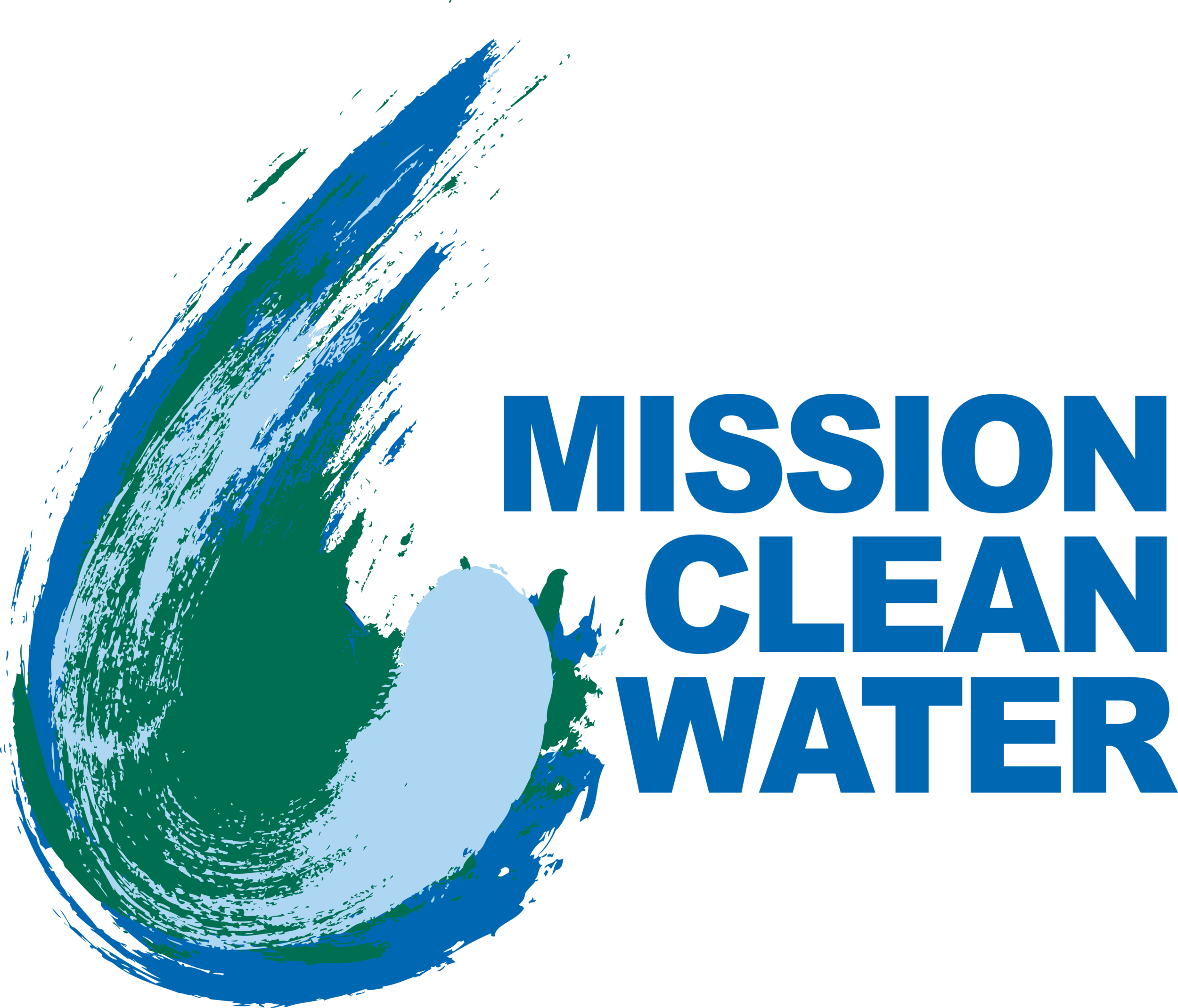FAQ
Q.Are You a 501c3 charity?
A. Yes, we are recognized by the IRS as a federally approved 501c3 nonprofit organization. Our EIN is 82-3427085 which is our identification number to the IRS as a charity. You can go to the IRS website, GuideStar, or Charity Navigator to see our profile as a 501c3 nonprofit organization.
Q. How our donations used?
A. Currently, we use 94% of all donations towards our clean water and sanitation projects. The other 6% is use towards small administrative costs which include credit card processing, marketing, and website renewal. Since we are a small organization, we want to focus a majority of our efforts on our projects. As we continue to grow, we do plan on increasing the amount we are spending on administrative costs as we hope to have full time employees.
Q. There are water issues in the United States, why are you not addressing those?
A. Based on our mission statement, we are not subjected to a specific geographical location. We would love to find opportunities to help in the United States since there are 2 million people in the USA without clean water. A lot of USA water issues involve political solutions which, based on our 501c3 status, we are not allowed to get involved in or we can lose our status. Our plan of action for USA assistance is to act during natural disasters, providing at home solutions for clean water in times where the utilities are overwhelmed or not functioning.
Q. How Do I host a Fundraiser for MissionCleanwater?
A. The first step is to think of an idea to get your friends or community involved such as donating your birthday, hosting a fun party, or selling some baked goods. Once you have your idea, reach out to us through our Contact Us page and we will help you set up an easy donation platform, create text to donation applications for you, and help share your efforts.
Q. What is your Mission?
A. Our mission is to provide clean drinking water and sanitation to underserved communities. We define underserved communities as people that have been marginally neglected in the past in terms of clean water. These people tend to be more isolated, live in arid areas, have harder solutions, have low income, or are part of a demographic that has been repressed. Everyone deserves the right to clean water.
